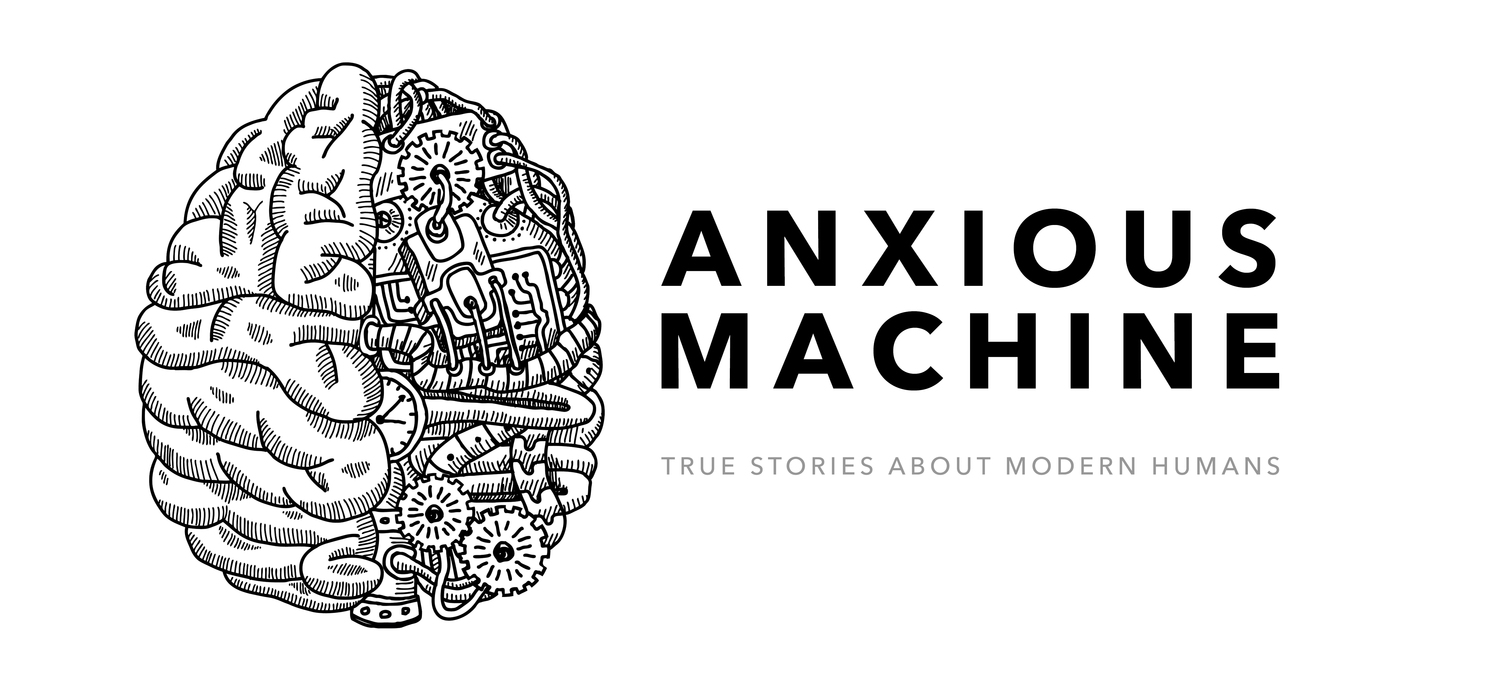Take a moment, right now, to look around the room you’re sitting in: your living room, your bedroom, your office, or maybe a public place, a coffee shop, your office at work. Wherever you are, take note of the sheer number of objects in the room that were fashioned by human technology.
As I write this, almost everything in my vantage point is a product of human design: there’s the computer in my lap, of course, and the cellphone in my pocket, but there’s also the room itself, with floor, walls, windows, and ceiling. The room is lit by two lamps, plugged into outlets that lead to electrical lines, which themselves snake off to a power generator, the location of which I don’t even know. Several works of art hang on my walls, including a photograph I took in another country almost twenty years ago. Finally, there’s the furniture, the couch on which I sit, two chairs, and a table scattered with books, a pair of reading glasses, and a pouch holding the nebulizer my son needs to soothe the occasional asthma attack.
Most of these objects are mundane, but some are transformative, even life-saving. Maybe this is obvious. We live in the modern world after all, and technology is the engine of modernity. When we use the word “technology,” we often use it only to refer to the most recent forms of technology, especially anything related to computers. But the broadest definition of technology includes any tool created by humans, from hand axes to poetry, from stone tablets to tablet computers.
Our species has been using tools for our entire history. Technology, though it is sometimes viewed in opposition to humanity, is actually what makes us human. And as we’ve used it to change the world around us, it has, in turn, changed us.
The Podcast
There’s no lack of podcasts about technology, especially podcasts about computers, cellphones, apps, and the people who make them. But I think there is a lack of podcasts, and journalism in general, about how technology affects us. My goal in launching my own podcast is to try to capture those stories: the many ways, both amazing and infuriating, that technology intertwines with how we live.
I’m starting with people I know. The first two episodes are a two-part conversation with my older brother, who’s spent the last fourteen years delivering pizzas for Domino’s Pizza, and has no plans to do anything else. In Episode 1, he describes his life-long, and somewhat problematic, love affair with automobiles. In Episode 2, he explains why he hates computers, and especially the internet, even though the internet helped answer a question he’d had since the day he was born.
Future episodes will include interviews with a chemist who uses X-rays to examine the nature of organization in crystals, a woman who decided after her divorce to spend several years living without television, a navy wife who struggled to use communication technologies to keep in touch with her husband, and a nurse who learned over a forty-five year career that the most powerful tool in her nursing arsenal was conversation. I also plan future episodes about email, the microbiome, the early days of IBM, the technology of taxi cabs, and the life-saving tools of a neonatal intensive care unit.
Future Interviews
As some point, I’d like to incorporate the voices of experts, the people who create the technology we use and the journalists who write about it. But I am especially interested in the people whose lives have been directly impacted by these tools, devices, and machines. If you have a story to share about how technology has impacted your life, get in touch. My email is anxiousmail@gmail.com, the show’s Twitter handle is @anxiousmachine, and I’m on Twitter @robmcmyers.
I’m hoping to post a new episode every two weeks, so please subscribe in iTunes or your favorite podcast app. Just search for Anxious Machine.
